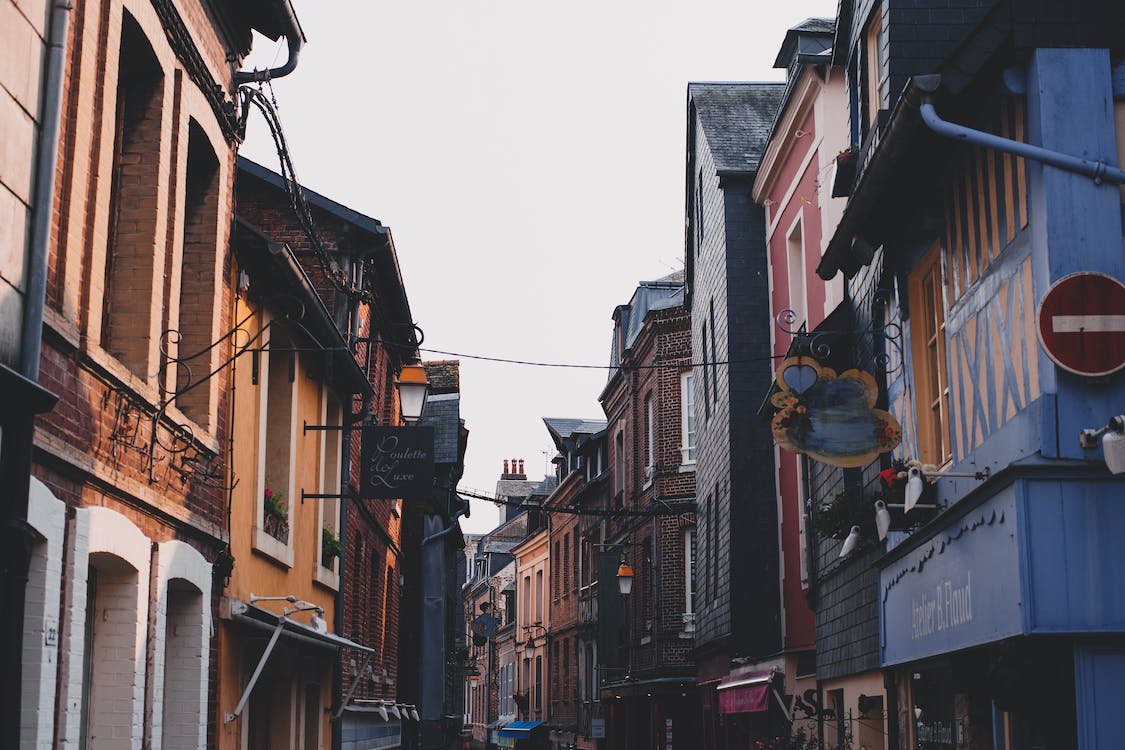This article defines "cultural experience" and places it in a holistic conceptual model; “the cultural city” where it plays a relevant role in improving the performing of cities. The conceptual model combines the basic elements of the heritage city, the smart city and the creative city. The city is interpreted from a threefold perspective; as a repository of resources, as a connective interface, and as the setting for citizens' life and social and professional experiences.
In this context, each of these perspectives incorporates culture in a different way, enabling different models of value creation and different processes of production and reproduction of this value. In each of the urban models described above, production processes that combine symbolic, physical, financial, social, human and cultural capital in different ways and urban strategies are implemented to provide cultural experiences that ignite transformative effects through several spillovers. That means that culture, in its different dimensions, regains the role of a raw material and becomes the point of origin to activate development processes and improve urban performance.
The integration of the dimensions of the heritage city, the creative city and the smart city through an enabling context is the core proposal of the “cultural city”. In alignment with the New European Agenda for Culture, we deepen the analysis in the specific spillovers on wellbeing and quality of life, citizen engagement and urban renewal as the backbone of a set of external effects of cultural experiences. In the final part of this article, we test the plausibility of this speculative proposal through some empirical evidence. We develop an OLS model with proxy indicators, that could be considered transitional indicators, for the three different potential strategies (heritage, smart, creative). The findings support the assertion that it is conceivable that the supply of cultural experiences through a variety of tactics (heritage city, smart city and creative city) can account in part for the growth of European cities in the years after the 2008 financial crisis.
These strategies have contributed to the good performance of the urban device in a way that is positive, not negligible (accounting for around 50% of the variance in productivity) and statistically significant. The provision of a context that increases the cultural experiences for citizens has clearly improved the performance of European cities, and we develop some conceptual and empirical mechanisms to explain and measure the socioeconomic impacts of these processes.
Read the full article here.








